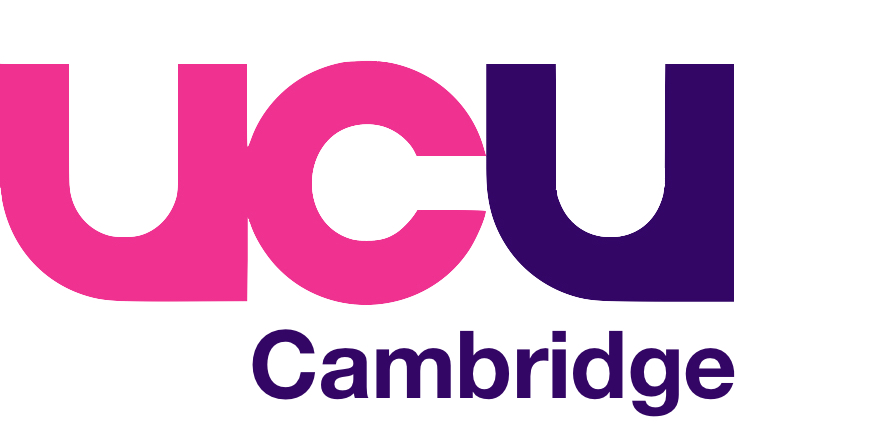Members will be consulted in the New Year about the types of Industrial Action we will take in our fight to win a fair pay offer, action on casualisation and inequality in the sector, and the reinstatement of our USS pensions.
To recap, here’s what will happen next:
- Branch Meeting: An online meeting will be held on Monday 9th January at 12 midday to lay out options for potential action, create a forum for members to discuss and agree our local views, and to confirm delegates to attend the national Branch Delegates Meeting to inform the Higher Education Committee (HEC) of that view.
- Branch Delegate Meeting – will take place on Tuesday 10 January where representatives of branches will communicate the views of members to the national union. The questions that that delegates will be asked to vote on at this meeting are available to read here.
- Higher Education Committee – will take place on Thursday 12 January to confirm our plans for action in the following months.
As it stands, HEC has proposed that we will give our employers notification of a Marking and Assessment boycott in January, and that we will move to indefinite strike action in February.
Regardless of your view on these plans, it’s incredibly important that you have your say. We need to make sure that our delegates to the national BDM can communicate as accurately as possible what our members think we should do to WIN these disputes.
A reminder about our branch meeting:
The Cambridge UCU branch meeting (for members only) will be held on Zoom on Monday 9th January at 12 midday.
Some Views on the Proposals
There are some wildly differing views on indefinite action versus discontinuous or targeted action. And each proposal comes with some benefits and its own costs. There are also different proposals tabled about how we ought to use a Marking and Assessment Boycott.
The General Secretary’s strategy proposal can be read in full here: “Winning the Dispute: Strike Action Strategy”. This strategy proposes targeted days of action, spread throughout the term, and a reballot that focuses on us being able to target Marking & Assessment from April onwards, thus hitting progression.
Probably the most robust case for taking indefinite strike action has been made by Zara Dinnen & James Eastwood, Co-Chairs of the QMUL branch. Their piece, “How to Stop a University”, draws attention to the timing and lifespan of our mandate for action, and highlights that members should make the decision about if and when to end the strike.
Our branch President has also written a detailed rebuttal to this article, which also proposes a strategy to win in our disputes by focusing on the power we have to disrupt universities, whilst protecting members: “How to Win a Campaign.”
UCU Commons has published “Some Positive Ideas for Effective Escalation”. They argue for an early use of the Marking & Assessment Boycott, and for a program of time limited strikes that escalate throughout the year and are targeted to specific high impact days in university calendars.
There are a number of pieces supporting indefinite action written by UCU Left, including this one: “For action that can win – shut down the campuses!”
Deepa Driver and Marion Hersh have written in support of indefinite action as early as possible, claiming it is the best way to “reverse USS pension cuts” by April. This position has been refuted by former UCU Pensions Negotiator Michael Otsuka in a series of blog posts.
A group of members have also written a blog piece advocating for a strategy of “indefinite, but discontinuous action”.
Another case for “targeted action and a summer MAB” has been made by a group of members, including Katy Fox-Hodess and David Harvie.
This piece in Times Higher Education, presents some of the arguments from members supporting both “Indefinite Strike or Escalating Action.”
